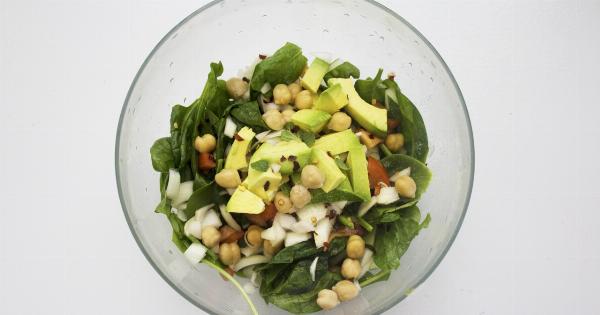Snacking is a part of our daily routine, and with the increasing awareness of health and wellness, people are searching for healthier options to fulfill their snacking needs.
This has led to an increase in demand for vegetable chips, which are touted as a healthier alternative to traditional potato chips. But are vegetable chips really better for you? In this article, we’ll take a closer look at vegetable chips and determine whether they are a healthy snack option.
What are Vegetable Chips?
Vegetable chips are an alternative to traditional potato chips and are made by slicing and baking various vegetables until they become crisp.
They come in a variety of flavors and are made from different vegetables such as sweet potatoes, beets, carrots, kale, and more. Proponents of vegetable chips argue that they are a healthier option compared to traditional potato chips because they are made from vegetables and are lower in calories and fat.
Nutritional Value
When it comes to nutritional value, vegetable chips are not as healthy as you might think. Yes, they are lower in calories and fat, but they are also low in nutrients. Baked vegetable chips are not the same as eating raw vegetables.
The baking process removes most of the vitamins and minerals and can also destroy any beneficial plant compounds. Moreover, many vegetable chips are coated with oil, salt, and other seasonings that add calories and sodium.
Calories and Fat Content
As mentioned earlier, vegetable chips are lower in calories and fat than traditional potato chips.
A serving of vegetable chips (28 grams) contains around 137 calories and 7 grams of fat, while a serving of potato chips contains around 153 calories and 10 grams of fat. While the difference may seem significant, it is important to note that both types of chips are high in calories and fat, and if consumed in excess, can lead to weight gain and other health problems.
Sodium Content
The sodium content in vegetable chips can vary depending on the brand and flavor. Some vegetable chips may have as much or even more sodium than traditional potato chips.
For instance, a serving of kale chips may contain around 200 milligrams of sodium, while a serving of potato chips may contain around 170 milligrams of sodium. Excessive sodium intake can lead to high blood pressure, heart disease, and other health problems.
Low Nutrient Density
As mentioned earlier, vegetable chips are low in nutrients. They are not the same as eating raw or cooked vegetables. They are essentially a processed snack food that is high in calories and low in nutrients.
While they may contain some vitamins and minerals, the amounts are minimal and not enough to provide the health benefits associated with eating vegetables.
Conclusion
In conclusion, vegetable chips are not as healthy as they are marketed to be. While they may seem like a healthier snack option compared to traditional potato chips, they are still high in calories, fat, and sodium, and low in nutrients.
Eating a variety of fresh, whole vegetables is always the best option. However, if you must have a snack, try opting for a small serving of raw or cooked vegetables with hummus or tzatziki instead.






























